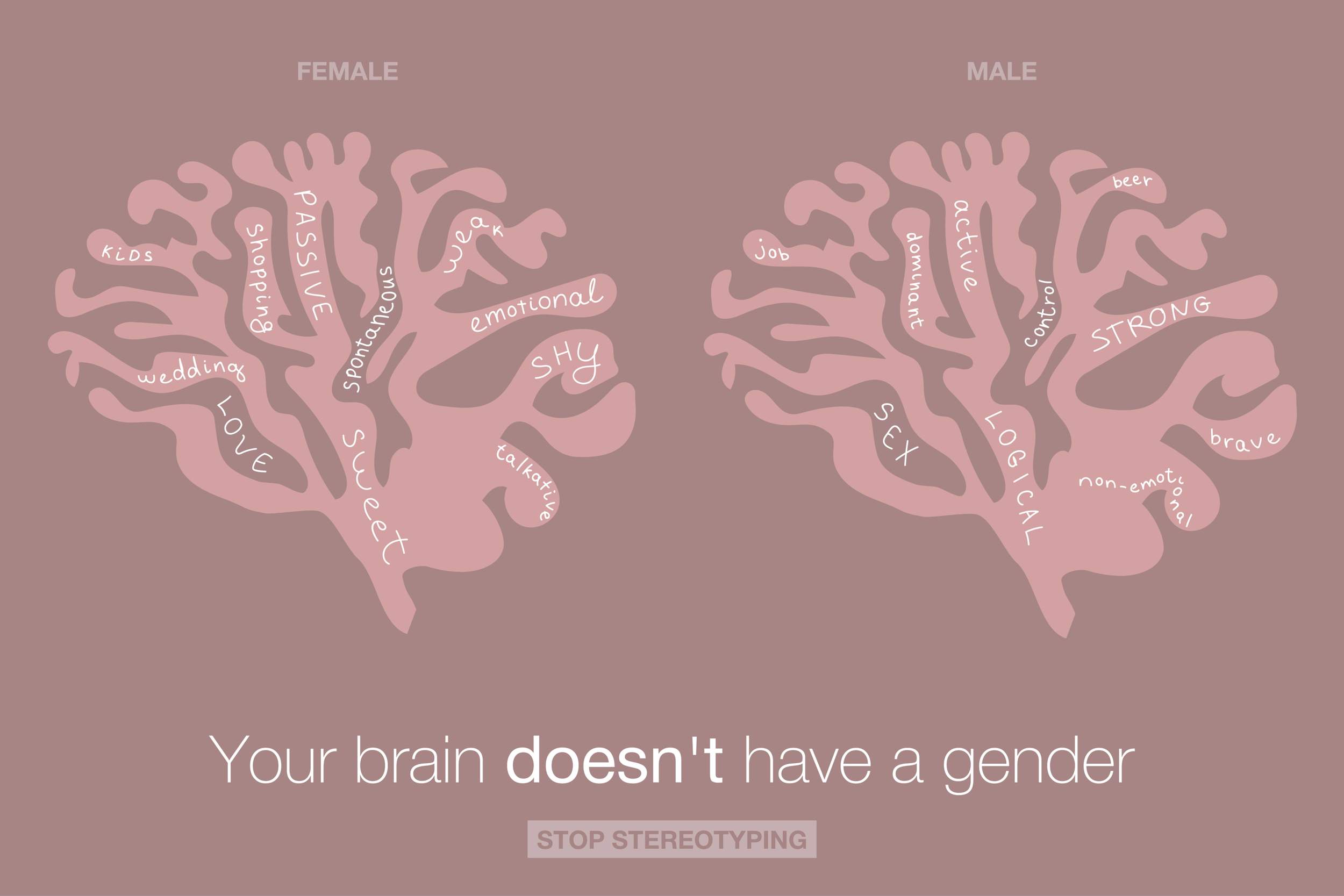When I hear people discuss how great their relationships are because they never, ever fight it makes me concerned and a bit sad. I believe the differences in people are what make relationships worth having and worth the hard work to maintain.
Don’t be a mimicSocial norms and traditions have taught us that being in a relationship with another person means that we blend separate people into one being. Poetry, movies, romance novels — all push this idea that two become one. If you submit yourself to your partner and become exactly like them, chances are they will get tired of the mimic they are now in a relationship with. It is likely that they spend time with you because they like who you are so taking on their likes, dislikes, ideas, viewpoints, and opinions can be off-putting, to say the least. Be who you are. I say this often because I really, really believe in celebrating your individual self. Your opinions are valid, your thoughts are important, your beliefs mean something, and your voice is respected!
How do you manage a relationship where there are differences between the partners? You agree to disagree and avoid the topics or you enjoy the debates. Unless you are involved in a consensual dominant/submissive relationship, speak up and do not be afraid to disagree. Maintaining your self-identity helps to prevent that mimic effect I mentioned above. Is this easy to do? Nope, but is it important? You betcha! It may seem easier to avoid disagreeing with someone you care about but in the end your ability to speak your mind will be appreciated.
Another problem with this romanticized ideal of two-becoming-one, is the exclusion of polyamorous relationships, friendships, family relationships, and non-sexual companionships. No matter who you are sharing yourself with it is important to maintain your sense of self, your opinions, and your uniqueness.
Bring it onWhen the opportunity to disagree presents itself, some people say anything and everything that boils to the surface. There are a few things you can do that will help you navigate an argument with someone you care about so that it does not end ugly. Just because I advocate for arguments in relationships does not mean I want to end relationships. It is the process of working through issues that strengthens relationships.
Here are some tips for successfully arguing in any relationship:
Avoid bringing up incidents or behaviors from the past. Focus on what caused the current argument and then set aside time later to address old hurts.
Stay on topic. If you are arguing about what to do on Friday night, stick to that. Try to avoid switching gears and discussing their friend that mooches off of you or their ex who is calling all the time.
Use “I” statements. Speak from your experience.
“I have a hard time hearing you when you raise your voice.”
“I feel pissed off when you talk about the attractiveness of other people.”
“I’m sorry I yelled. I’m feeling frustrated and sad.”
Own your behaviors. If you have done something that has hurt or upset your friend, partner, or family member, make sure you accept responsibility for what you have done. In any relationship it is never just one person’s fault, so own up when you do something wrong.
Listen. This can be hard when emotions are running high. Remember to make eye contact, respectfully repeat back what they have said to you, and be mindful of how you use your body. Walking or turning away is not great body language for someone who is trying to be a good listener.
Revenge is bittersweet and as much as some folks admire Carrie Underwood’s lament in Before He Cheats, executing this kind of physical reaction is never recommended. So try not to throw things during an argument or carve your name in anything after the fact. And physical violence is never an option.
The three most important wordsI am sorry.
Say it with me, “I am sorry.”
These will be the most powerful words you speak after an argument. Being sincere in your apology will show the other person that you are mature and capable of accepting responsibility for your own behaviors. Think about what you are sorry for and include that in your response. If you are receiving an apology make sure to accept that apology and if needed, offer up one of your own.
Enjoy celebrating your individuality in relationships without subsuming yourself to please another person, because who you are is what attracted that person in the first place!
I’ll leave you with some words of wisdom from Kahlil Gibran –
“And stand together yet not too near together:
For the pillars of the temple stand apart,
And the oak tree and the cypress grow not in each other’s shadow.”
Erin Brandt (she/her/hers) has been a sexologist for 15 years. When she’s not spreading sexual knowledge, Erin can be found learning from her child, hiking with her partner, cuddling with her pitbull, knitting with her cat, dancing with friends, and searching for the nearest hammock and ocean breeze. Want more? Visit www.positivesexed.com













